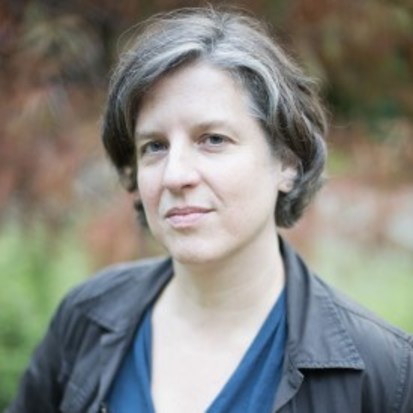When we hear the phrase "disruptive technologies," we often think of tools upending the status quo - companies like Uber or Airbnb or innovations like artificial intelligence or driverless cars. However, the algorithms and software architecture that powers these innovations are already in use every day - often with devastating consequences.
Today, decision-making for of social service and safety net programs - everything from Medicaid to food stamps, housing and rental assistance to child welfare - is controlled not by human beings, but by models programmed to follow a pre-determined set of criteria. Proponents argue this system is more efficient, saving caseworkers thousands of hours of paperwork. However, what if these automated systems are actually a form of discrimination, working to perpetuate, rather than eliminate, the inequality they aim to address?
Join us for a conversation with Virginia Eubanks, Ph.D., Associate Professor of Political Science at the University at Albany, SUNY, and author of Automating Inequality: How High-Tech Tools Profile, Police, and Punish the Poor, on how technology affects civil and human rights and economic equality.
Come early and attend a free Advocacy Capacity Clinic hosted by The Center for Community Solutions (CCS). From 10 a.m. to noon, CCS staff will provide presentations on developing advocacy agendas, putting the agenda into motion, and navigating the state policymaking process. Attendees will have the chance to get answers and advice related to their specific advocacy goals. Register here to participate.

